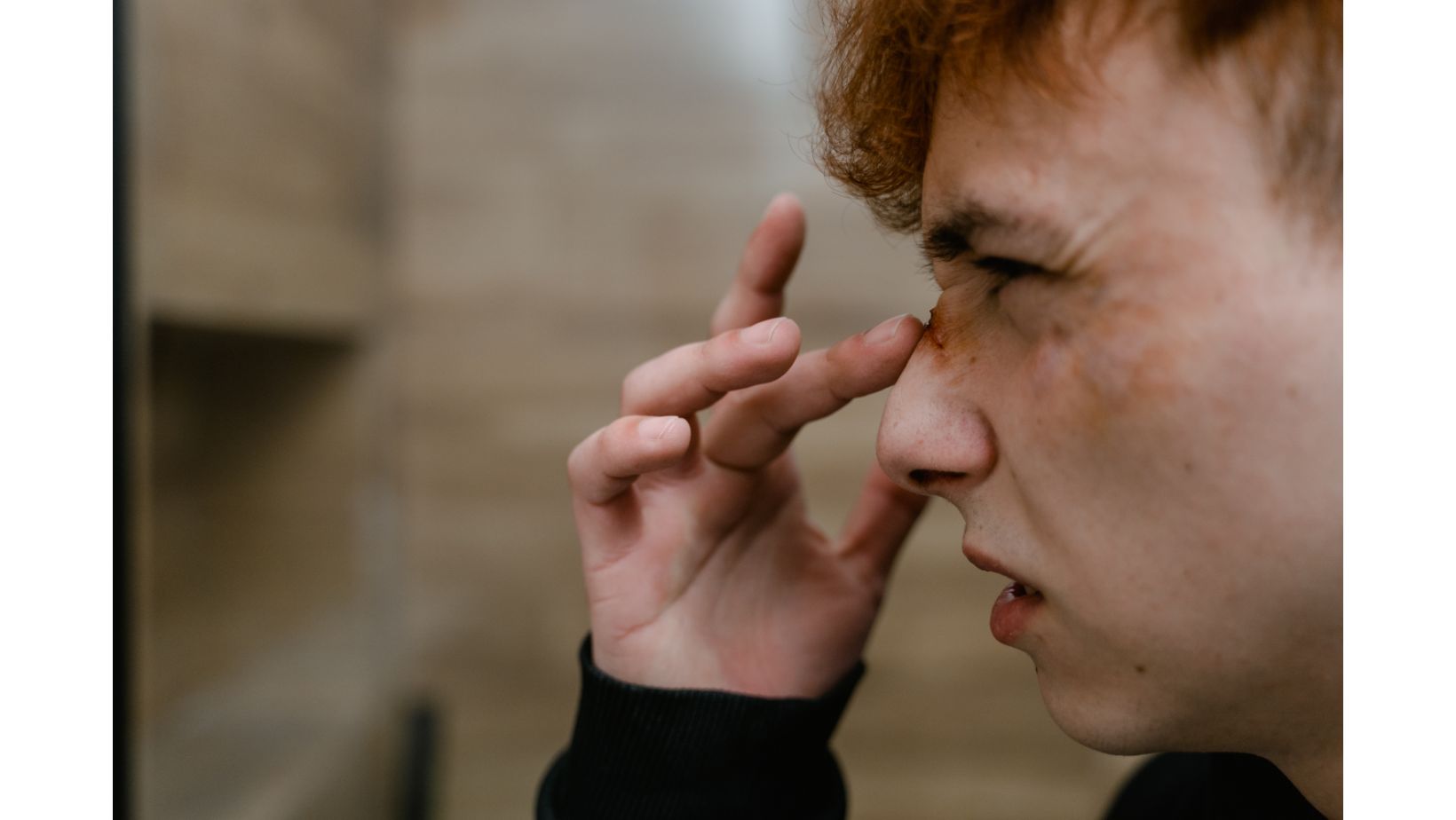Welcome to Wound-Care

The Impact of Chronic Wounds on Quality of Life: Holistic Approaches for Enhanced Healing
26 Jun 2023
By
Mahesh Shah
Chronic wounds, such as venous ulcers, diabetic foot ulcers, and pressure sores, can significantly impact an individual's quality of life. Beyond physical discomfort, these wounds can cause emotional distress, restrict mobility, and affect daily activities. In this blog, we will explore the profound impact of chronic wounds on quality of life and discuss holistic approaches that can enhance healing and improve overall well-being.
Understanding the Emotional Toll:
Chronic wounds can take a toll on a person's emotional well-being. The prolonged healing process, recurring pain, and limitations in mobility can lead to feelings of frustration, anxiety, and even depression. Recognizing and addressing the emotional aspects of chronic wounds is crucial for holistic wound care.
Holistic Wound Management:
Holistic wound care involves a comprehensive approach that goes beyond the physical wound itself. It focuses on addressing the underlying causes, managing pain, optimizing nutrition, and promoting overall well-being. By considering the patient's physical, emotional, and social needs, holistic wound management aims to improve healing outcomes and enhance quality of life.
Pain Management Strategies:
Chronic wounds often cause persistent pain, which can significantly impact daily life. Implementing effective pain management strategies, such as topical analgesics, nerve blocks, or advanced wound dressings with pain-relieving properties, can help alleviate discomfort and improve the overall experience for patients.
Psychological Support:
Supporting patients psychologically is an essential aspect of holistic wound care. Providing counseling services, support groups, or connecting patients with mental health professionals can help them cope with the emotional challenges associated with chronic wounds. Psychological support promotes resilience, encourages self-care, and enhances overall well-being.
Lifestyle Modifications and Education:
Educating patients about lifestyle modifications, such as maintaining a healthy diet, regular exercise, and proper wound care techniques, empowers them to actively participate in their healing journey. Encouraging self-management and providing educational resources foster a sense of control and engagement, leading to better outcomes.
Conclusion:
Chronic wounds not only pose physical challenges but also affect emotional well-being and overall quality of life. Embracing a holistic approach to wound care can significantly improve healing outcomes and enhance the well-being of patients. By addressing the emotional aspects, managing pain, and providing comprehensive support, healthcare providers can make a positive impact on the lives of individuals with chronic wounds. Together, let's work towards a future where chronic wounds no longer compromise the quality of life.
